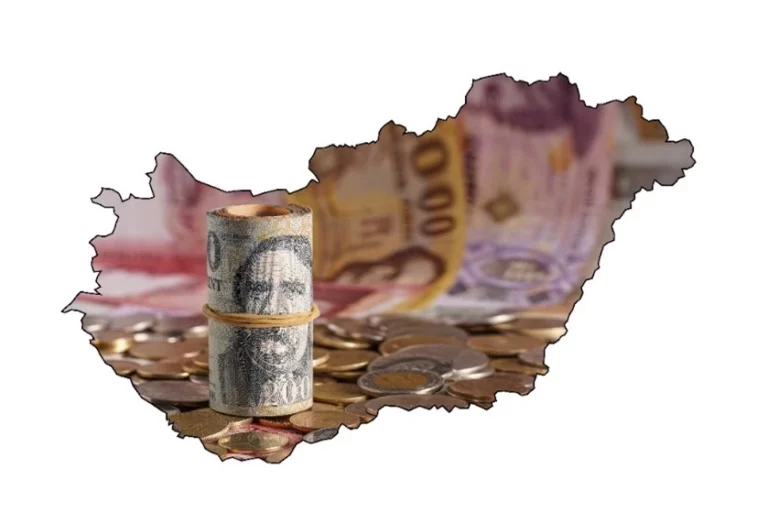election
Government official: Orbán, Trump adhere to same values, interests

Hungarian FM to Breitbart: Trump presidency will ensure ‘new world order’ of global ‘peace, stability’

Searching unassailable leadership: A look at potential candidates for head of state

Exit poll: Aliyev wins the presidential election in Azerbaijan, Orbán congratules – UPDATE

Fidesz politician: Legality of Serbia elections can’t be questioned

VIDEO: Trump hailed Prime Minister Orbán as a “great leader”

Hungarian foreign minister: 2024 is the Super Bowl of politics

Transparency of elections to be ensured in Hungary

Serbian elections 2023: Vučić’s party wins, Hungarian party remains in government

Hungary to set up Sovereignty Protection Office

Right to vote will be linked to literacy in Hungary?

Fidesz wants foreign funds in elections to be criminalised

Orbán’s tactics failed again, PiS is angry

Opposition turns to top court on election law amendment

Leading parties draft law to prevent Hungarian parties from receiving funding from abroad

ÁSZ head: Opposition parties’ fine over foreign campaign financing ‘as yet undecided’

Orbán: Erdogan opponent a ‘Soros man’, would have been a tragedy if he had won

Forint weakening may start today





 ZH
ZH IT
IT DE
DE HR
HR NL
NL FR
FR JA
JA RO
RO RU
RU ES
ES TR
TR
